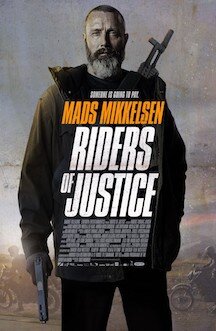Direction: Magnus von Horn
Country: Denmark / Poland / Sweden
The Girl With the Needle is a stark and unflinching period drama, imbued with immense emotional heft. It marks another impressive achievement from acclaimed Swedish filmmaker Magnus von Horn (The Here After, 2015; Sweat, 2020), in his first venture into black-and-white cinema. Inspired by Denmark’s most notorious criminal case—the life of serial killer Dagmar Overbye, who murdered 25 infants—the screenplay, co-written with Line Langebek Knudsen, deliberately avoids a direct biopic. Instead, they introduce Karoline, a fictional young factory worker who becomes pregnant and, through her fateful encounters with the criminal, reflects society’s perception of women in her position.
The film unfolds with haunting beauty, capturing the profound isolation of its protagonist through restrained yet deeply affecting storytelling. Von Horn constructs a chilling, nightmarish world where loss and despair seep into every frame, leaving little room for hope. His approach, evocative of classic European arthouse cinema, is both subtly exasperating and hypnotically compelling.
The Girl With the Needle is raw, unrelenting, and unforgettable—its emotional and visual impact heightened by masterful staging and an ever-present sense of suffocating tension. Lushly photographed in monochrome, the film is elevated by outstanding performances from Vic Carmen Sonne and Trine Dyrholm, whose portrayals add to its harrowing intensity.












































